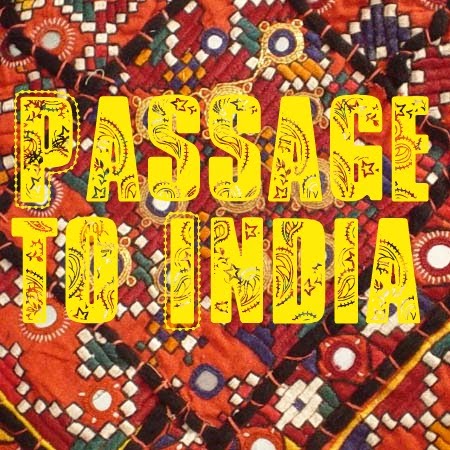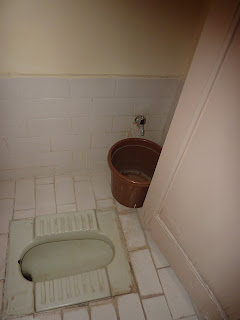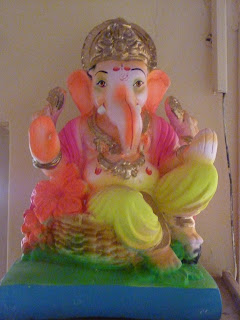
I stood in front of the sparkling glass bottles of basil and oregano, boxes of wheat Chex cereal, and bags of strawberry Twizzlers in awe. I felt almost giddy as I reached up to a shelf and put a jar of olives in my shopping cart.
Friends, I found WHOLE WHEAT PASTA. And CHEESE.
I was obviously dreaming. How could I possibly be in India and also holding Dijon mustard? This was clearly an oxymoron, I had NEVER seen these items in Bhuj, how could they exist in Ahmedabad? But here they were, gleaming on shelves beneath a sign reading “International Foods.”
After three intense weeks of working every day including Sundays, plus three nights until 2:30am (more details on that later), I was totally exhausted. So I hopped on an overnight bus to Ahmedabad, where my friend and fellow Fellow Adva graciously let me appear for a weekend of not being in Bhuj. When I arrived I was totally and utterly emotionally exhausted, and starting to feel claustrophobic. Getting to Ahmedabad was both a relief and a shock: after the quiet pace of Bhuj, the city felt like a mess of sounds and colors and Western clothing. And I was shocked to be standing in a mall nicer than the Mall of America, in front of items I haven't seen in months.
I consider myself a fairly conscious consumer. I read every single ingredient list, without fail, and always ask myself if I can make something before buying it. I reject the notion that as an American one of my primary identities is to be a consumer. Yet as I held a jar of raspberry jam (with actual raspberry in it!) I felt like I was home.
Sitting by the man-made lake eating peanut butter on brown bread, I felt confused. I had never so blatantly experienced the connection between products and identity until that moment, and was embarrassed to realize that I had internalized one of the most obnoxious stereotypes of Americans – that we buy identity and find comfort in consumption.
As I become more comfortable in Bhuj, I no longer think about the fact that I live in a rather small desert town where the only non-Indian food options are paneer pizza and “Chinese” dosas, and where everyone assumes the white people all know each other (which tends to be true). Then the equilibrium tips and I suddenly feel totally out of my element. My escape is consumption , usually of media– I have already rewatched the entire four season series of Mad Men, not to mention three seasons of 30 Rock. I escape into nostalgia, familiarity, the idea of America.
And when I experience the (often justifiable) contempt some people feel for the West, I sometimes find myself defending my country. The other day I actually said to someone in earnest “I love America!” and immediately felt uncomfortable. Because when I think of people who shout out “I love America!” I think of people who spend more time defending flags than humans. But it turns out that being an American actually is an important part of my identity – and apparently consuming things makes me feel safe.
As I rode the bus home from Ahmedabad, using my bag of Western gems as a back pillow, I decided that it was okay to think of these items as comforting. I just couldn’t use them as a crutch. I have been back in Bhuj for a month and still relish the fact that I have olives in my refrigerator.
Why am I telling you all this? Because this feeling isn't unique to my being in India, it's just more obvious because it stands in contrast with the pace of life here. So I want to remember this feeling, and share it with you.












